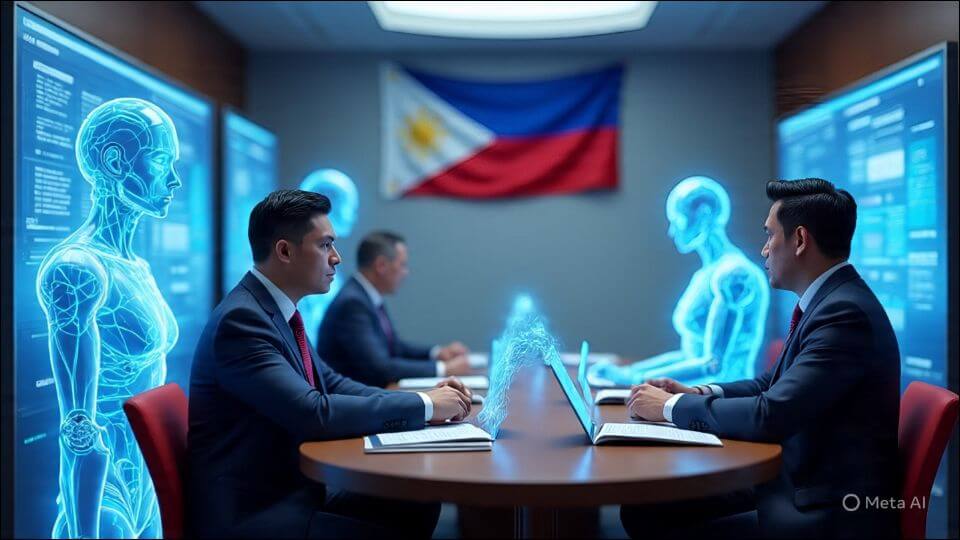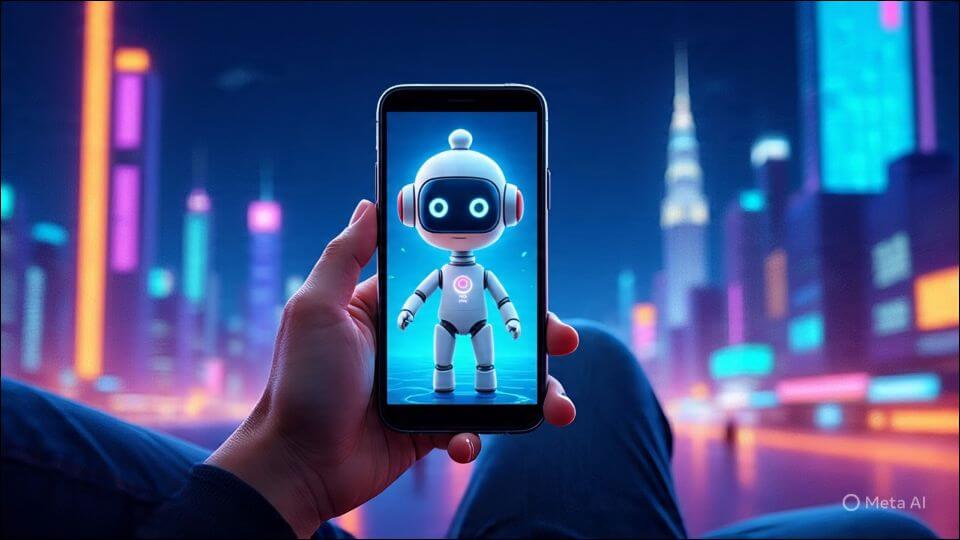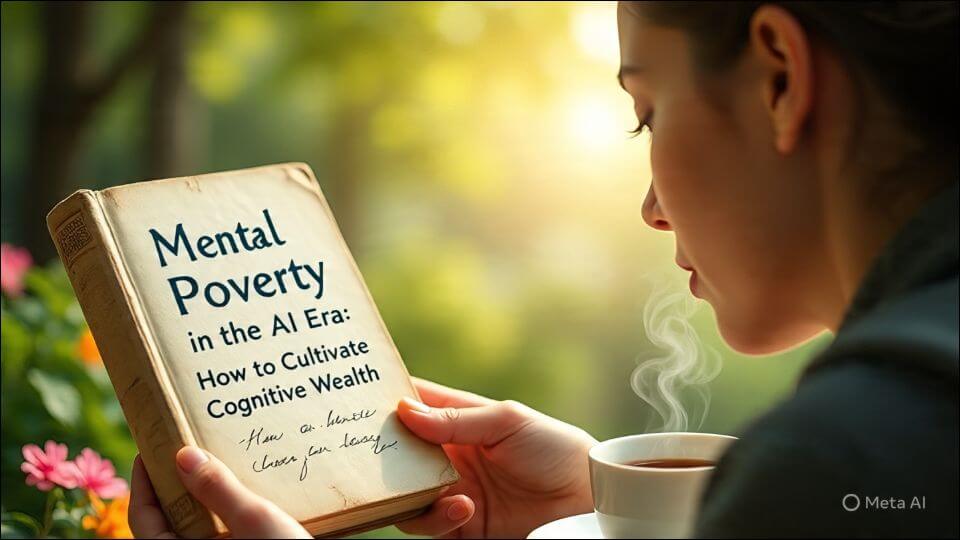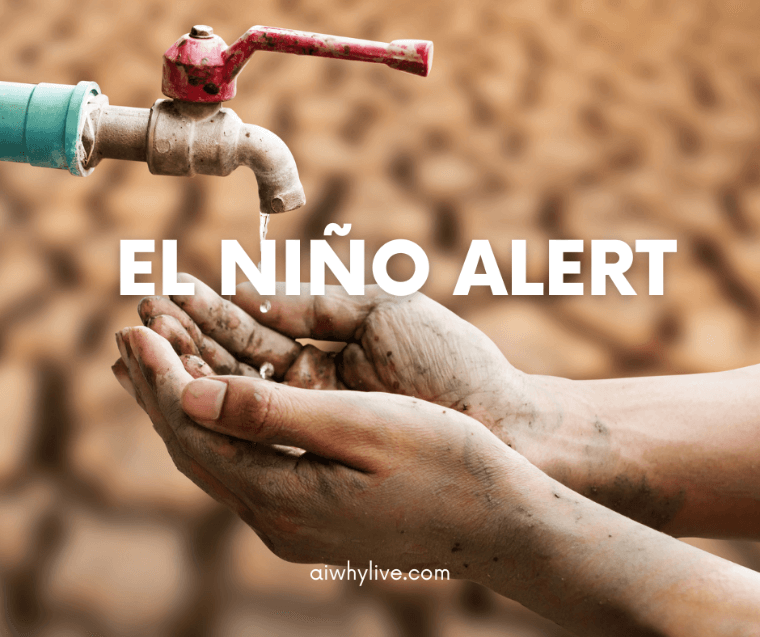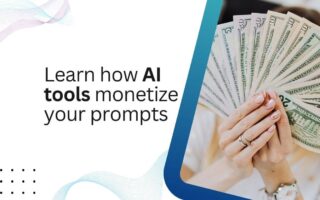In today’s AI-driven world, we often hear that “data is the new oil.” This metaphor captures how machine learning models thrive on massive datasets, just as engines depend on petroleum. But like any analogy, it breaks down under closer inspection. As Filipinos build AI solutions in business, government, and community resilience, it’s time to refine our understanding of data’s true nature, value, and responsibility.
1. The Data–Oil Metaphor: Origins and Appeal
- Coined by data scientist Clive Humby in 2006, “data is the new oil” highlighted raw data’s economic potential.
- In the AI era, algorithms ingest terabytes of customer interactions, sensor logs, and public records to generate insights.
- Industry leaders echo the oil comparison: Huawei Philippines’ CTO Arnie Alvarez asserts that “powered by AI, data is becoming the new oil and the key element for driving new productivity”.
2. What the Analogy Gets Right
- Data as Fuel: Just as engines need refined fuel, AI models require clean, structured datasets to perform.
- Factor of Production: Economists now treat data alongside capital, labor, and land—data underpins digital services and decision-making.
- Competitive Moats: Companies with vast proprietary data hold a strategic edge, akin to oil giants controlling reserves.
3. Where the Metaphor Falls Short
- Non-Exhaustible & Enrichable: Unlike oil, data isn’t depleted by use. It can be copied, merged, and refined repeatedly—more like uranium yellowcake than black gold.
- Quality Trumps Quantity: Poor-quality or biased data poisons AI outputs, just as contaminated oil wrecks engines.
- Pervasive Flow: Data circulates across apps, devices, and borders. It doesn’t sit in one barrel; it streams like a river through organizations and communities.
4. The Filipino Data Landscape
- Archipelagic Silos: Government agencies, LGUs, and private firms often store data in isolated “islands,” hampering integrated AI applications—from disaster forecasting to health bots.
- Data Sovereignty Debates: Who owns citizens’ data—state or corporation? As the Philippines drafts AI and data protection bills, we must balance innovation with privacy.
- Digital Bayanihan: Initiatives like the PH Open Data Portal show promise, but many local datasets remain locked behind legacy systems and unclear policies.
5. Data Privacy in the Philippines
The Philippines’ Data Privacy Act of 2012 (Republic Act No. 10173) and the National Privacy Commission (NPC) set the foundation for personal data protection. Compliance requires organizations to implement privacy management programs, appoint data protection officers, and adhere to principles of transparency, legitimate purpose, and proportionality.
- Cross-Border Transfer Rules: Filipino entities must ensure that overseas recipients provide “adequate” data protection. This complicates AI projects relying on global cloud services.
- Enforcement Challenges: The NPC has levied fines for high-profile breaches, but resource constraints and low public awareness hinder widespread compliance.
- Emerging Amendments: Proposed updates aim to strengthen consent mechanisms, introduce data breach notification timelines, and regulate AI-specific risks such as automated profiling.
- Trust & Adoption: Robust privacy safeguards will encourage citizens to share data for public-health AI tools, smart city initiatives, and community resilience platforms—fueling both innovation and trust.

6. Building an AI-Ready Data Ecosystem
- Open Standards & Interoperability Establish common APIs and metadata schemas so barangays, hospitals, and startups share data seamlessly.
- Data Literacy & Ethics: Integrate data-governance modules in STEM curricula and community workshops, emphasizing bias mitigation and privacy by design.
- Public-Private Partnerships Incentivize telcos and cloud providers to co-invest in regional data centers offering scalable storage and compute for local innovators.
- Regulatory Guardrails Fast-track legislation that mandates transparent data-usage audits, clear consent mechanisms, and penalties for misuse.
- Community Data Trusts Pilot trust frameworks where citizens collectively govern sensitive datasets—health, land, or agricultural records—ensuring communal benefit over commercial exploitation.
🐾 Final Thought
The “data is the new oil” slogan galvanized conversations around digital transformation. But data’s true power lies in collaboration, stewardship, and ethical refinement. In the Philippines, let’s treat data not as a finite commodity to hoard, but as a communal resource—an engine for inclusive innovation, disaster resilience, and democratic governance. By building robust infrastructure, clear policies, and a culture of bayanihan around data, we’ll fuel an AI era that enriches every Filipino, not just a select few.
With great data comes great responsibility: as a rule, don’t collect or keep what you cannot protect. Treat data like precious oil—used wisely with AI’s help, it can become the catalyst that uplifts our communities, bridges inequality, and powers a brighter future for our country.
📚 Sources
- Newsbytes.PH, “In the AI Era, Data Is the New Oil — Huawei PH CTO,” November 28, 2024.
- BCS, “Why Data Isn’t the New Oil Anymore,” February 13, 2024.
- Owen Rust, “Why Data Is the New Oil: Market Power in the Age of Information Capitalism,” May 12, 2025.
- TI INSIDE Online, “Data Is the New Oil of the AI Era,” June 13, 2025.
- European Parliament Research Service, “Is Data the New Oil? Competition Issues in the Digital Economy,” January 2020.

